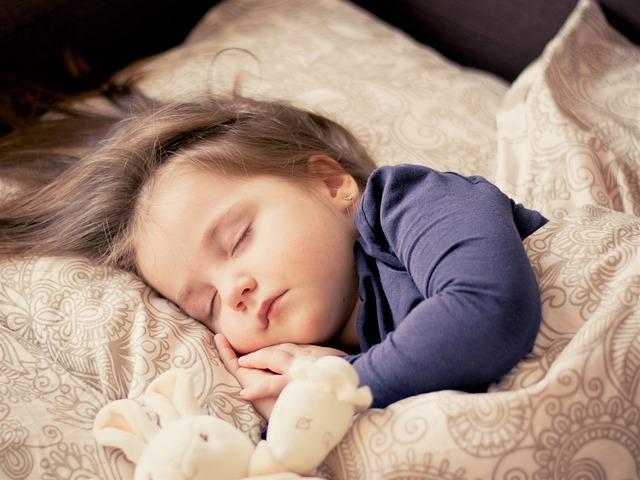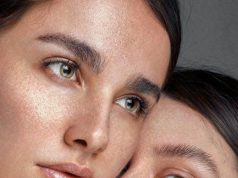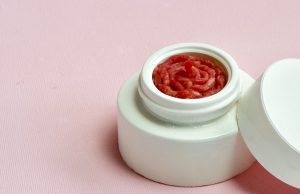In the tapestry of human experience, sleep is often depicted as a sacred retreat—a nightly sojourn into realms of rest and rejuvenation. Yet, amid the whispers of its restorative magic, a tantalizing question arises: Is beauty sleep a tangible truth or merely a figment of our collective imagination? As we delve into this enigmatic intersection of slumber and aesthetics, we aim to unravel the science and folklore surrounding the age-old belief that a good night’s sleep holds the key to a more radiant appearance. Join us on this exploration, where dreams and reality intertwine, and discover whether beauty sleep is an elixir worth cherishing or a myth to be dispelled.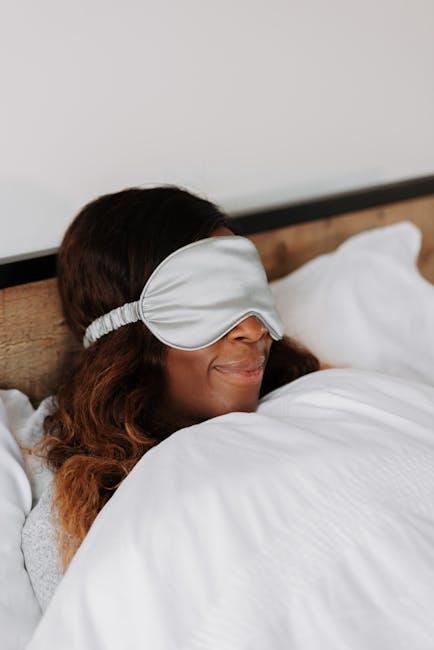
The Science Behind Beauty Sleep: What Happens When We Sleep
During sleep, our body embarks on a remarkable journey of rejuvenation and repair, offering a glimpse into the science behind what many call ”beauty sleep.” This restorative process is orchestrated by the circadian rhythm, our internal biological clock, which regulates sleep-wake cycles and influences various physiological processes. As we drift into the deeper stages of sleep, several vital activities unfold:
- Cellular Repair: Growth hormones surge, stimulating cell production and regeneration. This helps repair tissues, including skin cells, reducing signs of aging and promoting a youthful glow.
- Collagen Production: While you sleep, collagen synthesis increases, fortifying skin structure and elasticity. This natural protein works to minimize wrinkles and maintain skin firmness.
- Reduced Inflammation: Sleep helps regulate inflammation levels in the body, potentially reducing puffiness and redness, resulting in a clearer complexion.
- Detoxification: The brain undergoes a detox process, clearing out metabolic waste. This process may contribute to mental clarity and a refreshed appearance.
By understanding these processes, it’s evident that sleep is not just a passive state but a dynamic period of restoration that profoundly impacts our appearance and overall well-being.
The Impact of Sleep on Skin Health and Appearance
While the phrase “beauty sleep” might sound like a whimsical notion, there is substantial scientific evidence supporting the connection between restful slumber and radiant skin. During sleep, the body enters a reparative mode, where cell regeneration peaks, fostering a fresher complexion. As we drift into the deeper stages of sleep, blood flow to the skin increases, aiding in the repair of daily wear and tear and helping to maintain a healthy glow. A consistent lack of sleep can lead to a variety of skin issues such as dullness, fine lines, and dark circles under the eyes.
- Collagen production increases during sleep, reducing the likelihood of wrinkles.
- Adequate rest helps maintain the skin’s natural moisture barrier, preventing dryness and irritation.
- Sleep supports the immune system, enabling it to fend off skin infections and inflammation more effectively.
It’s not just about quantity but also the quality of sleep that counts. Sleep disorders or disruptions can interfere with the skin’s nocturnal renewal process, exacerbating existing conditions like acne or eczema. By prioritizing sleep hygiene, such as establishing a regular bedtime routine and minimizing screen time before bed, one can harness the transformative power of a good night’s sleep, ultimately reflecting it on the skin’s surface.

Practical Tips for Achieving Optimal Beauty Sleep
Transforming your nighttime routine can significantly enhance the quality of your sleep, ultimately boosting your overall appearance. Start by creating a sleep-conducive environment: ensure your bedroom is dark, quiet, and cool. Consider using blackout curtains, earplugs, or a white noise machine to minimize disturbances. Your mattress and pillows should support your body comfortably, promoting restful sleep.
- Establish a bedtime ritual: Engage in calming activities like reading, gentle stretching, or meditative breathing exercises to signal your body it’s time to wind down.
- Limit screen time: The blue light emitted by screens can disrupt your circadian rhythm. Try to disconnect from electronic devices at least an hour before bed.
- Watch your diet: Avoid heavy meals, caffeine, and alcohol close to bedtime. Instead, opt for a light snack if you’re hungry, like a banana or a small handful of almonds.
By incorporating these practical tips into your daily routine, you can pave the way for more rejuvenating sleep, helping you wake up feeling refreshed and looking your best.
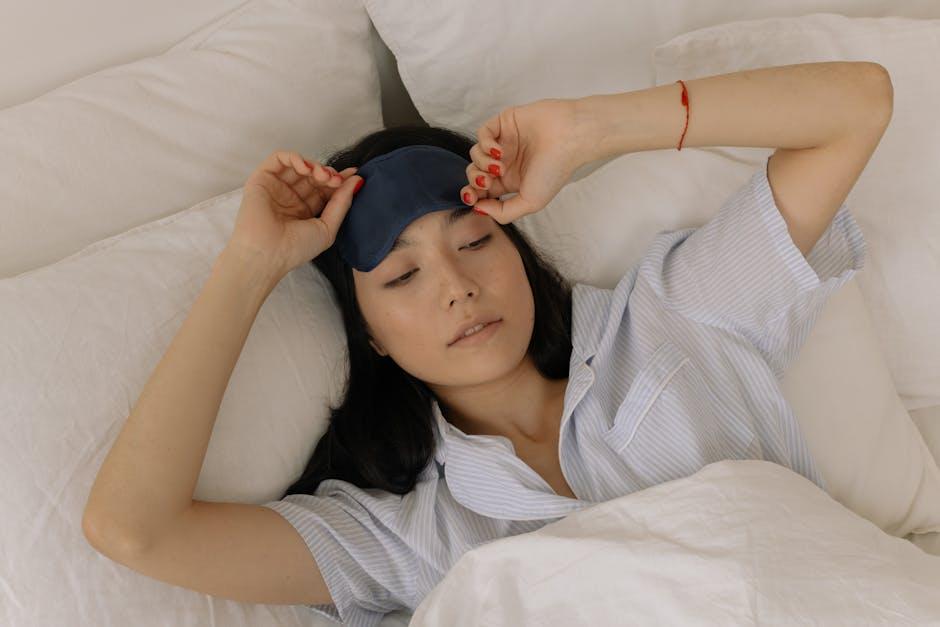
Debunking Myths: Separating Sleep Facts from Fiction
- What is beauty sleep? While the term may evoke images of fairy tales, it does have roots in reality. During sleep, the body goes into repair mode, releasing growth hormones that aid in tissue growth and muscle repair. This nightly rejuvenation can lead to healthier skin, reduced wrinkles, and even a more radiant complexion.
- The science behind it: A good night’s rest can reduce stress levels, which in turn minimizes breakouts and dark circles. REM sleep, the deep stage of rest, is crucial for cellular repair and regeneration. When deprived of this restorative phase, the skin can appear dull and lifeless, making “beauty sleep” more fact than fiction.
On the flip side, the idea that you can compensate for lost sleep with a few extra hours on the weekend is a common misconception. Consistent sleep patterns are key. It’s not just about quantity but also the quality of sleep. So, while you won’t transform into a supermodel overnight, prioritizing good sleep hygiene can undeniably contribute to a fresher, more youthful appearance.





















